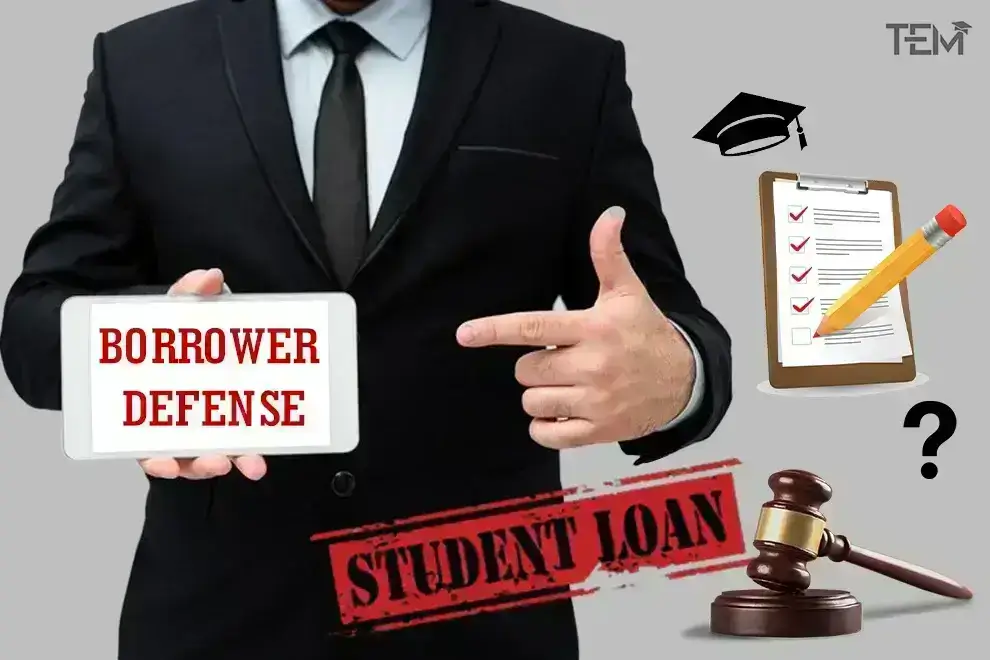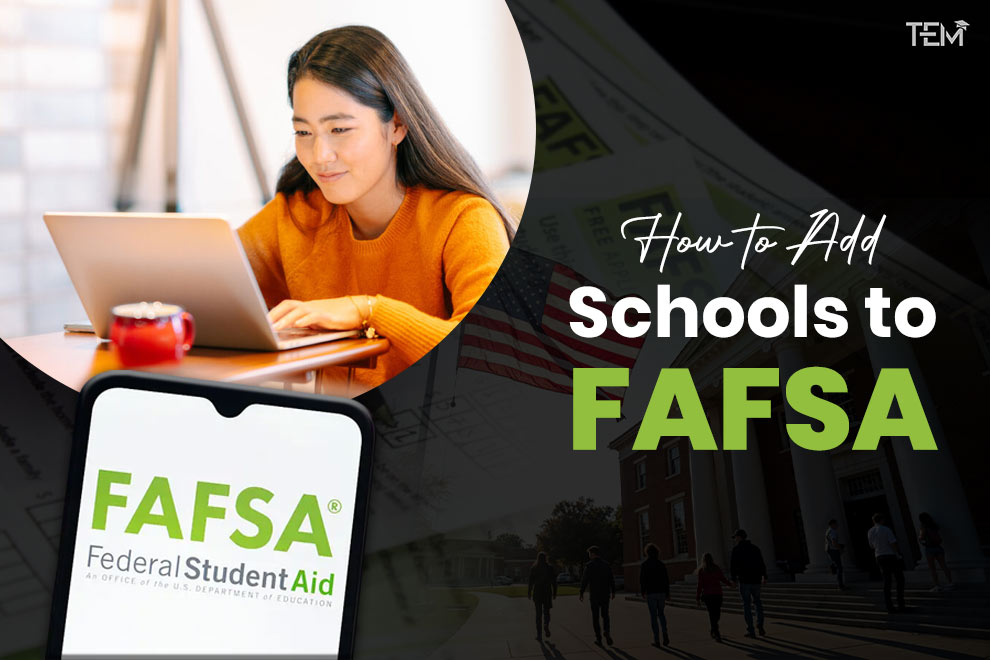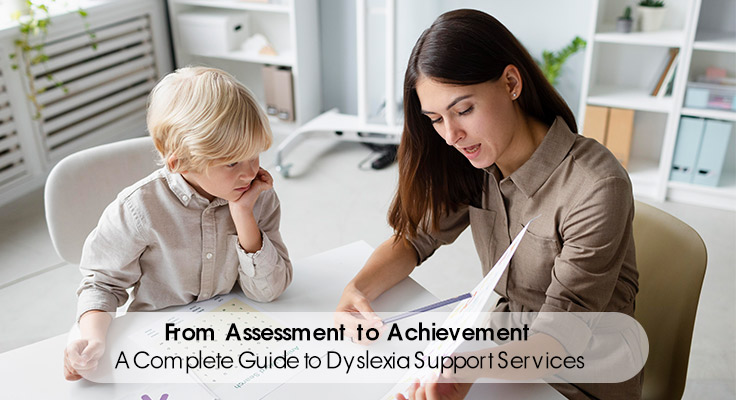Borrower Defense can be a game-changer for those dealing with student loan issues. If you’re struggling with loan payments or believe your school misled you, this program offers potential relief. From loan forgiveness options to understanding your rights as a borrower, this guide answers the top 10 essential FAQs on Borrower Defense. You’ll find clear steps for getting refunds, protecting your credit score, and even canceling loans in certain cases. With a focus on straightforward actions, these answers help you regain control over your financial future. Whether you’re seeking debt relief or just curious, these insights make complex topics easier to understand and act upon. Start exploring your options today!
Here are the top 10 faqs on borrower defense answered for you
1. What are the three responsibilities of a borrower?
In borrower defense cases, borrowers must meet specific responsibilities to secure their rights. First, they must provide accurate information during the loan process, including loan purpose, eligibility, and any existing federal loans. Borrowers must also authorize the school to share necessary details with the Secretary. Additionally, borrowers need to notify the school and Secretary of any changes, such as updates to name, address, or enrollment status, especially if they drop below half-time.
When seeking borrower defense, borrowers must file claims with solid evidence of school misconduct. As of April 2024, over 888,000 borrower defense applications have been submitted, with $17.2 billion in loans forgiven, reflecting the program’s impact. Borrowers can potentially receive full loan discharge and credit restoration if approved. These responsibilities and processes help ensure fair and effective relief for those affected by school misconduct.
2. Can you get rid of student loan debt?
Eliminating student loan debt is possible through various methods, such as forgiveness programs, income-driven plans, and strategic repayment. Public Service Loan Forgiveness (PSLF) offers forgiveness after 120 payments for government or nonprofit workers. Teachers in low-income schools may qualify for up to $17,500 in forgiveness, while those with permanent disabilities can also apply for discharge. Borrower Defense helps borrowers misled by their school receive loan discharge and potential refunds.
Income-driven plans adjust payments based on income, forgiving remaining balances after 20-25 years. Options like SAVE and Pay As You Earn (PAYE) add flexibility. Loan consolidation and refinancing ease repayment by reducing payments or interest.
Making extra payments helps cut the loan balance and interest, while deferment and forbearance offer temporary relief. Since each option suits different needs, borrowers may benefit from seeking professional advice to choose the best path forward.
3. Do student loans affect credit scores?
Student loans affect credit scores in multiple ways, primarily through payment history, credit mix, and debt levels. Borrower Defense plays a crucial role in managing these impacts. For instance, making timely payments can build a positive credit history, while missed payments or defaulting can significantly lower scores. Borrowers typically have a 90-day window before loans are considered delinquent, after which credit bureaus report negative information.
Additionally, student loans can improve a borrower’s credit mix, accounting for around 10% of the credit score calculation. Having diverse credit types, like student loans and credit cards, can positively influence scores. Borrower Defense also becomes essential when considering debt levels. Although student loans differ from revolving credit, high total debt can affect perceived creditworthiness.
To protect their scores, borrowers should communicate with servicers early when facing payment difficulties, set up automatic payments, and regularly monitor credit reports.
4. How does debt relief work?
Debt relief provides borrowers a way to manage and reduce debt, offering them a path toward financial stability. Borrower Defense plays a key role in this process by giving individuals options to address debt more favorably. For example, debt consolidation simplifies payments by merging multiple debts into one, often at a lower interest rate, which eases monthly payments and improves financial management. Other options, like debt management plans, involve agencies negotiating better terms with creditors, allowing borrowers to make one consolidated payment each month.
Debt settlement, another approach, reduces the total debt by negotiating with creditors for a lower repayment amount. While effective, it can affect credit scores, so borrowers should consider the impact on long-term financial health. In more serious cases, bankruptcy discharges debt but also significantly impacts credit scores. Borrower Defense methods enable borrowers to regain control, reduce stress, and create a manageable plan for repayment while considering future financial health.
5. Can my DeVry loan be forgiven?
If you attended DeVry University and believe you were misled, you may qualify for loan forgiveness through the Borrower Defense to Repayment program. This program applies if you were deceived about your educational outcomes, such as job placement rates or potential earnings. To begin, you need to submit a claim to the U.S. Department of Education, explaining the misrepresentation and providing supporting evidence.
DeVry University has faced legal scrutiny over misleading advertising, and students affected by these claims could benefit from class action settlements. For students who attended between January 1, 2008, and October 1, 2015, specific conditions may apply.
To pursue forgiveness, gather all relevant documents, such as enrollment agreements and promotional materials, then submit your Borrower Defense claim online. Make sure you are aware of any deadlines for claim submission. Recent updates show that many DeVry-related loans have been forgiven, reflecting progress in these cases.
6. Can student loans be deleted?
Student loans cannot be “deleted” in the traditional sense, but they can be discharged or forgiven in certain cases. Borrowers can explore options like loan forgiveness programs, bankruptcy (under specific conditions), or borrower defense claims. It’s important to understand that “discharge” or “forgiven” means the loan obligation is eliminated under certain conditions, not that the loan vanishes completely.
Programs like Public Service Loan Forgiveness (PSLF) offer borrowers relief by forgiving loans after qualifying payments. Teacher Loan Forgiveness also helps educators in low-income areas. For those facing disability, the Total and Permanent Disability Discharge can provide relief. Moreover, borrower defense allows for loan discharge if a borrower was misled about their education or job prospects.
Recent legislation has made it easier for borrowers to discharge loans through settlement programs, especially from for-profit schools. While bankruptcy typically doesn’t discharge student loans, an undue hardship claim could lead to relief.
7. Can student loans be refunded?
Yes, student loans can be refunded under specific conditions, especially if borrowers meet certain criteria like suspended payments or qualify for refund programs due to legal actions or institutional policies. For example, some institutions may offer refunds if students withdraw or drop classes within a certain period. Borrowers should check with their school’s financial aid office to understand their institution’s refund policies.
Additionally, federal student loan borrowers who made payments during the COVID-19 pandemic may qualify for refunds, as certain payment suspensions were implemented. In cases of loan overpayment, students might also receive a refund for unused funds.
Borrowers affected by misleading practices, like those at DeVry University, may qualify for compensation through legal settlements. Moreover, borrowers can apply for forgiveness under borrower defense to repayment if their institution misrepresented their programs.
To apply for a refund, borrowers must contact their loan servicer, provide supporting documentation, and, if applicable, file claims for legal settlements.
8. How do I ask for a refund from the university?
To request a refund from a university, start by contacting the appropriate department. Typically, this is the Financial Aid Office or the Student Accounts department. Check your university’s website to confirm which office handles refund requests. Understanding the refund policies beforehand is essential, as they outline when and how refunds are granted.
Next, prepare all necessary documents such as proof of enrollment, payment receipts, and any correspondence related to your financial situation. These documents will strengthen your request. Write a formal, concise letter, stating your reason for requesting a refund and attaching the supporting documents.
Example of a Refund Request Letter:
[Your Name]
[Your Address]
[City, State, Zip Code]
[Email Address]
[Phone Number]
[Date]
[University Name]
[Department Name]
[University Address]
[City, State, Zip Code]
Subject: Request for Refund
Dear [Appropriate Contact/Financial Aid Office],
I hope this message finds you well. My name is [Your Name], and I am a student at [University Name], with student ID number [Your Student ID]. I am writing to formally request a refund of [specify amount] due to [brief explanation of the reason, such as withdrawal from the course or overpayment].
I have attached [list any documents you are including, e.g., proof of withdrawal, payment receipts] that support my request.
I appreciate your attention to this matter and look forward to your prompt response regarding my refund request. Thank you for your assistance.
Sincerely,
[Your Name]
Once you’ve drafted the letter, submit it via the university’s preferred method, whether by email, online portal, or traditional mail. If you don’t hear back within a few weeks, follow up to check on the status. A polite and organized approach increases the likelihood of a successful refund request.
For further assistance, you may need to explore Borrower Defense options if applicable.
9. Will tuition fees be refunded?
Tuition fees can be refunded under specific circumstances, often depending on university policies, withdrawal timings, or legal settlements like those related to the COVID-19 pandemic. If you withdraw early enough, you may be entitled to a full refund. Most universities provide a sliding scale for refunds, offering 100% during the first week and decreasing after that. After a certain point, no refunds are usually given.
In addition to standard withdrawal policies, special circumstances like military service or pandemic-related disruptions may influence your refund eligibility. For example, military personnel often receive full refunds, while COVID-related legal settlements have led some universities to offer partial tuition refunds.
If you’re seeking a refund, contact the Registrar’s Office to understand your university’s policies. Be prepared to provide the necessary documentation to support your request. Ultimately, it’s important to check the specific refund policies of your institution. Borrower Defense policies could also play a role in certain refund scenarios.
10. How to cancel private student loans?
Canceling private student loans can be difficult, as options are more limited compared to federal loans. However, there are specific circumstances where cancellation is possible. For instance, most private lenders forgive the balance if the borrower dies, though policies vary, so it’s important to review the loan agreement. In cases of permanent disability, some lenders may cancel loans with proper medical documentation.
If you don’t qualify for these cancellations, other options exist. For example, negotiating with your lender about your financial hardship may lead to temporary relief, such as reduced payments or forbearance. Alternatively, you might explore bankruptcy, but it requires proving “undue hardship,” which can be challenging.
State programs offer loan repayment assistance in fields like healthcare, and refinancing could lower your monthly payments, though it may eliminate federal protections. Always review your loan agreement and consult your lender for the best options, especially when seeking a solution like Borrower Defense.
Conclusion
Borrower Defense provides valuable relief options for those affected by misleading educational practices. By understanding your rights and available programs, you can make informed decisions on loan forgiveness, refunds, or debt relief. Remember to gather documentation and follow each step carefully. Whether aiming to protect your credit or seek loan cancellation, these answers guide you in taking control of your financial future.











